Welcome to Issue #8 of The AI Marketer, where we explore the transformative role of AI in content creation. As AI continues to evolve, its applications in marketing grow, enabling brands to produce content that’s not only engaging but also highly targeted and efficient. In this issue, we delve into AI tools and strategies for generating compelling, high-impact content that resonates with audiences and drives results.
Issue #8: AI-Powered Content Creation – Strategies for Engaging and Effective Marketing
Creating quality content that speaks directly to audience needs is essential for building trust, authority, and engagement. With AI, brands can streamline content creation, personalize at scale, and use data-driven insights to ensure every piece aligns with their marketing goals.
1. Leveraging AI for Content Ideas and Trends
AI tools analyze vast amounts of data to identify trending topics, keywords, and audience interests. This insight can help marketers choose content themes that align with what people are searching for, ensuring relevancy.
Key Tools and Techniques:
- BuzzSumo: This tool analyzes trending topics and content performance to suggest themes and ideas based on what’s working across your industry.
- Content Research with AI: Platforms like Clearscope analyze keyword data and search trends, providing insight into the type of content that will resonate with your target audience.
Benefit: AI-generated content ideas ensure your content strategy is based on data, helping you consistently produce valuable, in-demand topics.
2. Crafting Personalized Content at Scale
AI enables marketers to create highly personalized content that resonates with specific audience segments. By analyzing user data, AI can generate variations of content tailored to different personas, increasing engagement.
Personalization Strategies:
- Dynamic Content Generation: AI tools can produce multiple versions of a piece of content based on audience characteristics, such as location, interests, and past behavior.
- Customer Data Integration: Use AI to pull insights from CRM data, tailoring content to customer profiles to increase relevance and connection.
3. Improving SEO with AI-Optimized Content
AI tools like SurferSEO and MarketMuse assist marketers in creating content optimized for search engines by analyzing top-performing pages and keywords. They offer insights on how to structure content, which keywords to include, and the ideal length.
SEO Optimization Strategies:
- Keyword Optimization: AI tools suggest related keywords and phrases, helping you create content that captures more organic traffic.
- Topic Clustering: AI can help identify related subtopics that provide comprehensive answers, increasing your chances of ranking in search snippets.
Benefit: AI-optimized content ensures that your articles are structured to perform well in search, positioning your brand as a top resource.
4. Content Distribution with AI for Maximum Reach
AI can enhance content distribution by identifying the best channels, timing, and formats for sharing. By analyzing audience behavior, AI-driven distribution tools help marketers reach their audience when they’re most likely to engage.
Distribution Strategies:
- Automated Scheduling: Platforms like Hootsuite’s AI-driven features can analyze peak engagement times to schedule posts for optimal reach.
- Channel-Specific Adjustments: AI can adjust content format and language for each platform, ensuring it aligns with platform-specific best practices.
5. Generating High-Quality Visuals with AI
Incorporating visuals into content is crucial, and AI makes it easier to generate high-quality images and videos at scale. Tools like Canva’s AI-powered design features and Lumen5 for video content creation help marketers produce visually appealing content quickly.
Visual Content Strategies:
- Automated Image Creation: AI tools can suggest or even create visuals based on text, enabling a consistent visual style.
- Video Generation: Platforms like InVideo and Pictory create short, engaging videos using AI, ideal for social media or website use.
Benefit: High-quality visuals created through AI increase engagement by adding a visual appeal that aligns with brand messaging.
6. A/B Testing and Content Performance Analytics
AI makes A/B testing more efficient by analyzing multiple variables simultaneously and recommending the best-performing options. It also provides insights on content performance across different channels and audience segments.
A/B Testing Strategies:
- Real-Time Analysis: AI can track engagement metrics in real-time, allowing marketers to adjust content elements, such as headlines, images, or calls-to-action, quickly.
- Audience-Specific Insights: AI tools segment data by demographics or behaviors, providing granular insights to improve targeting.
Conclusion: AI for Content Creation and Marketing Success
AI-powered content creation is transforming marketing by enabling brands to deliver relevant, personalized, and engaging content at scale. By leveraging AI tools for topic selection, personalization, SEO, visual creation, and A/B testing, you can stay ahead in an increasingly competitive digital landscape.
At The AI Marketer, our mission is to guide you through these advancements, providing strategies that help you use AI to maximize your marketing impact and drive measurable results.
Stay tuned for our next issue, where we’ll explore AI in customer journey mapping and how to create personalized experiences at every touchpoint.
Exclusive Offer for Subscribers
Join our upcoming workshop on AI-Powered Content Creation to get hands-on experience with top tools and best practices. Available exclusively to The AI Marketer subscribers—reserve your spot today!

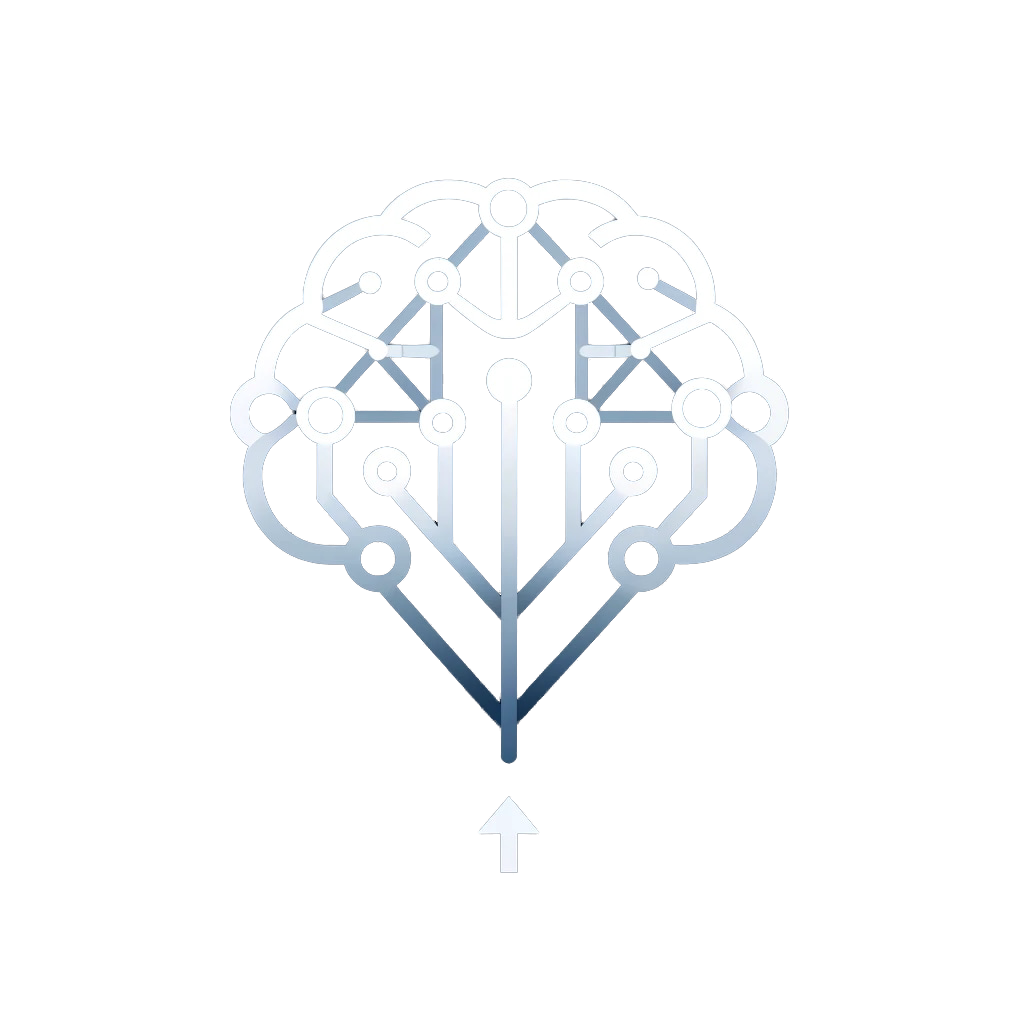


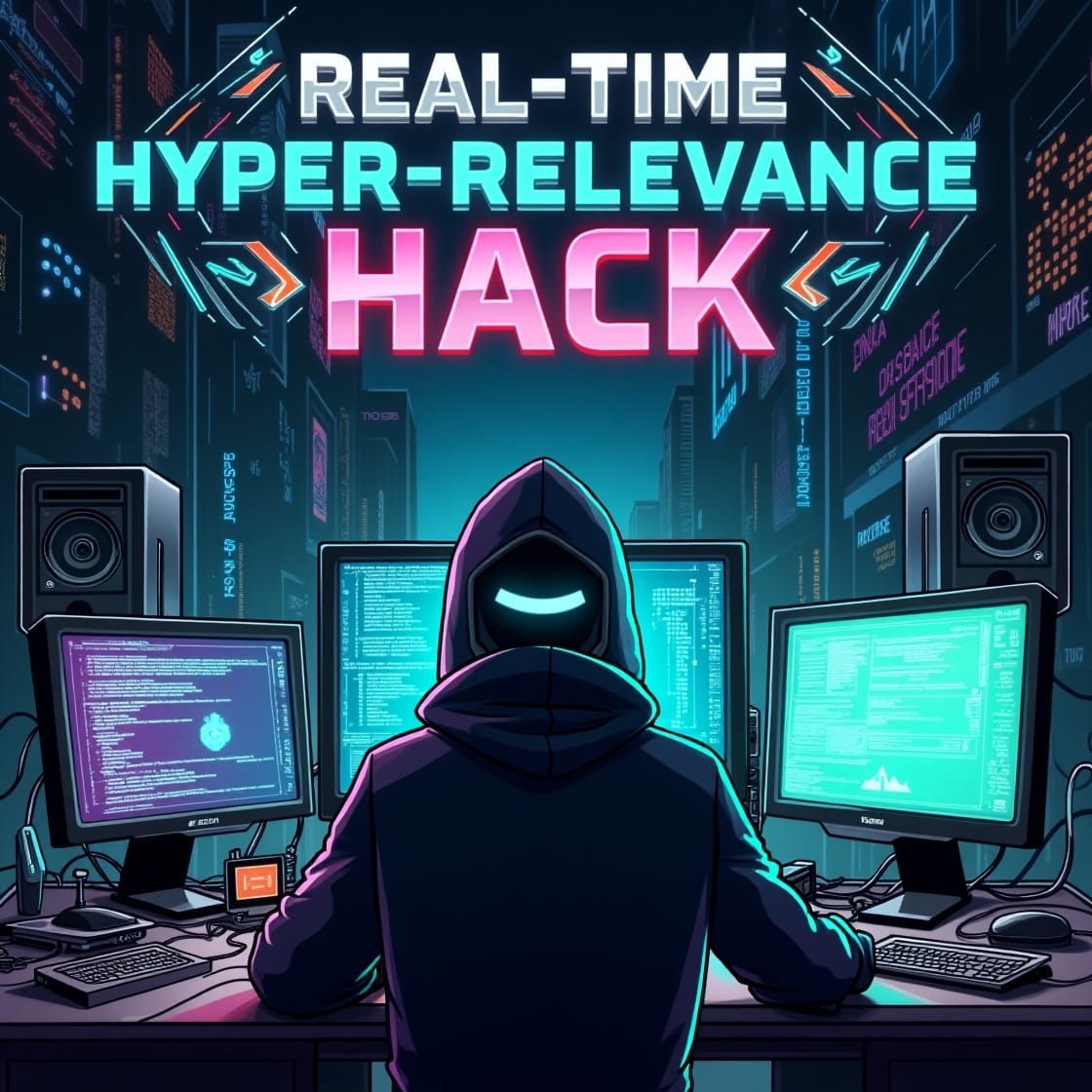
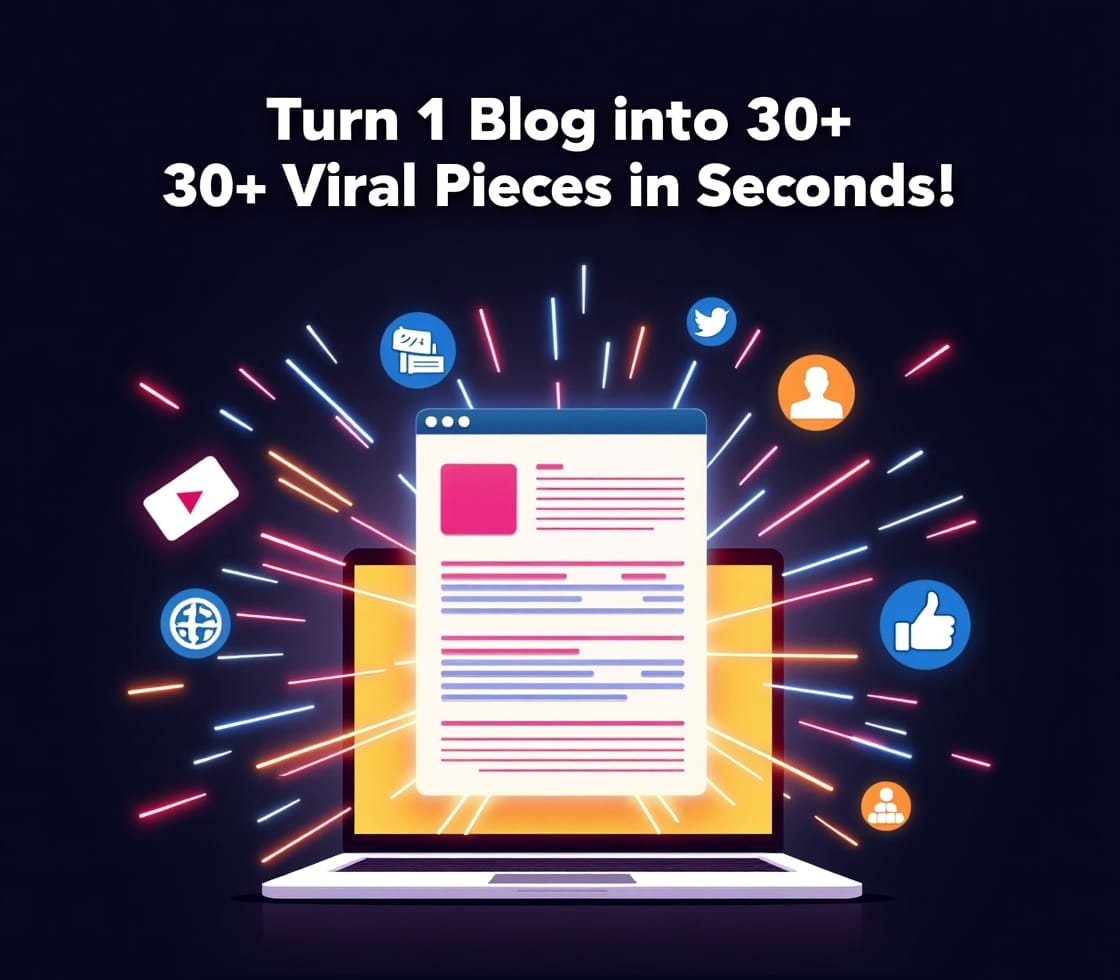
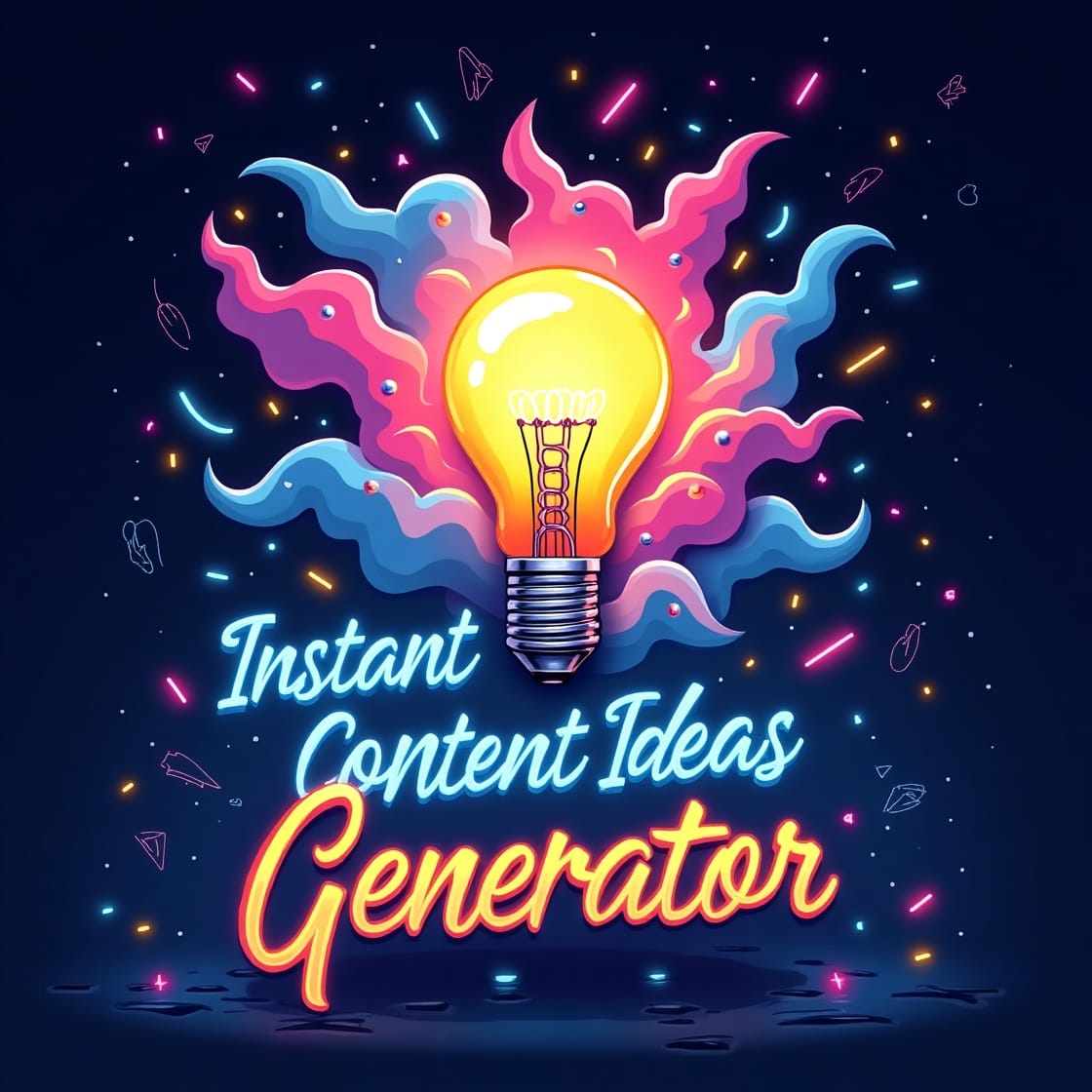
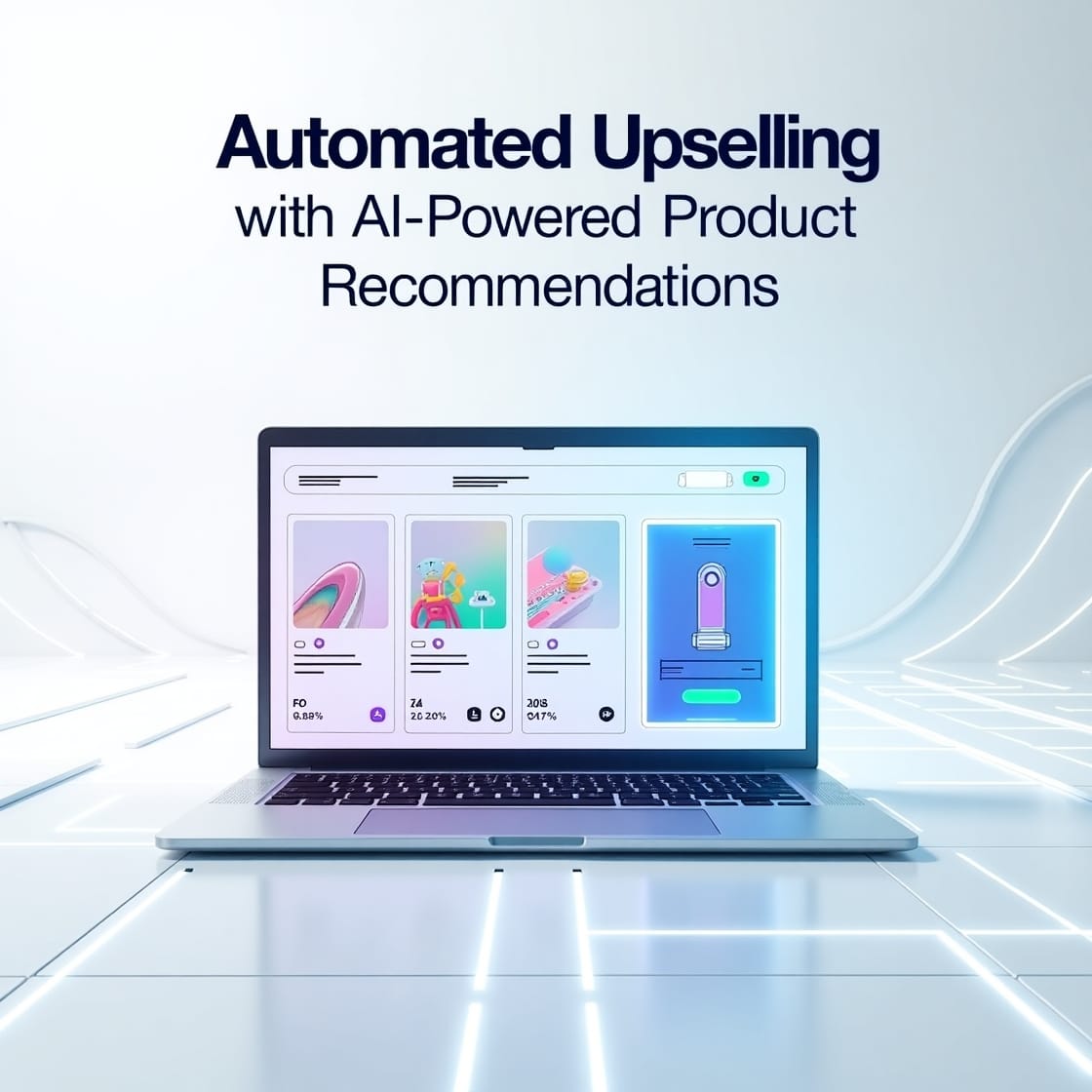

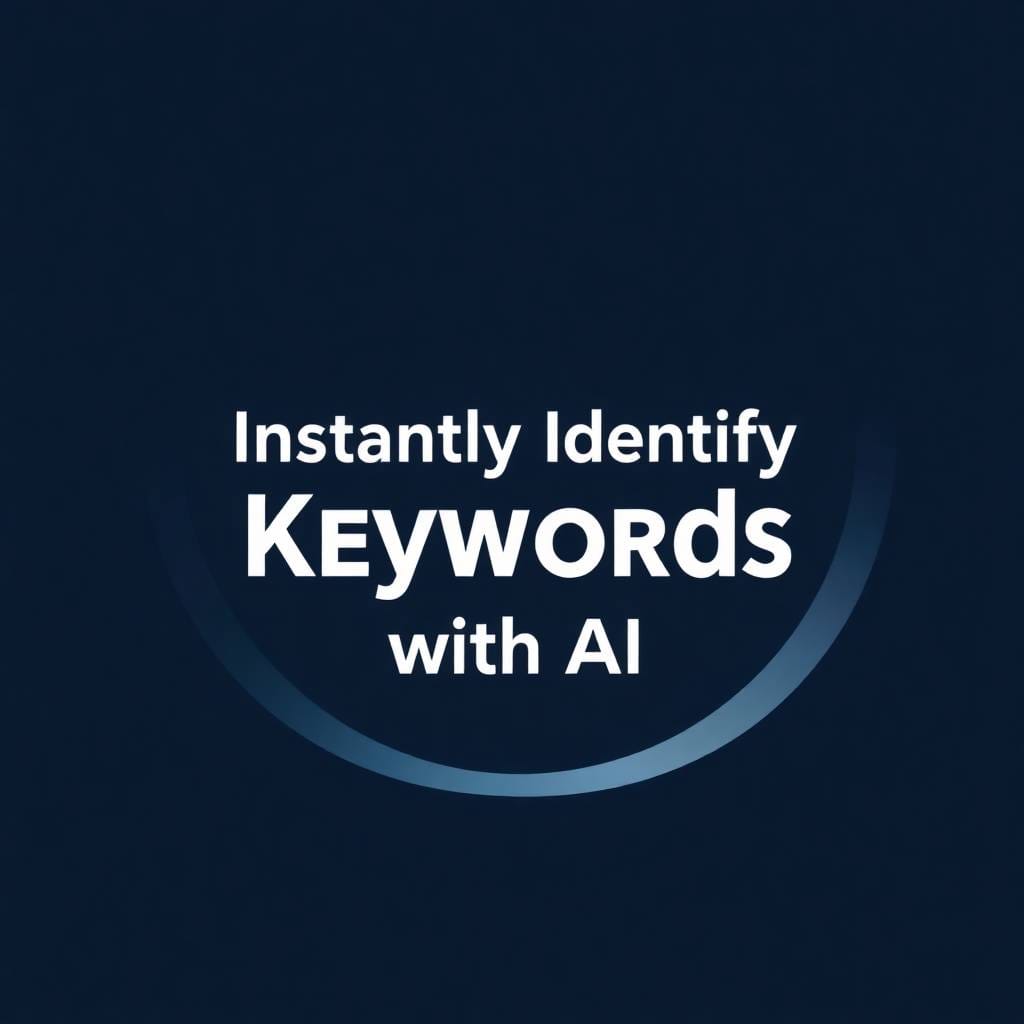
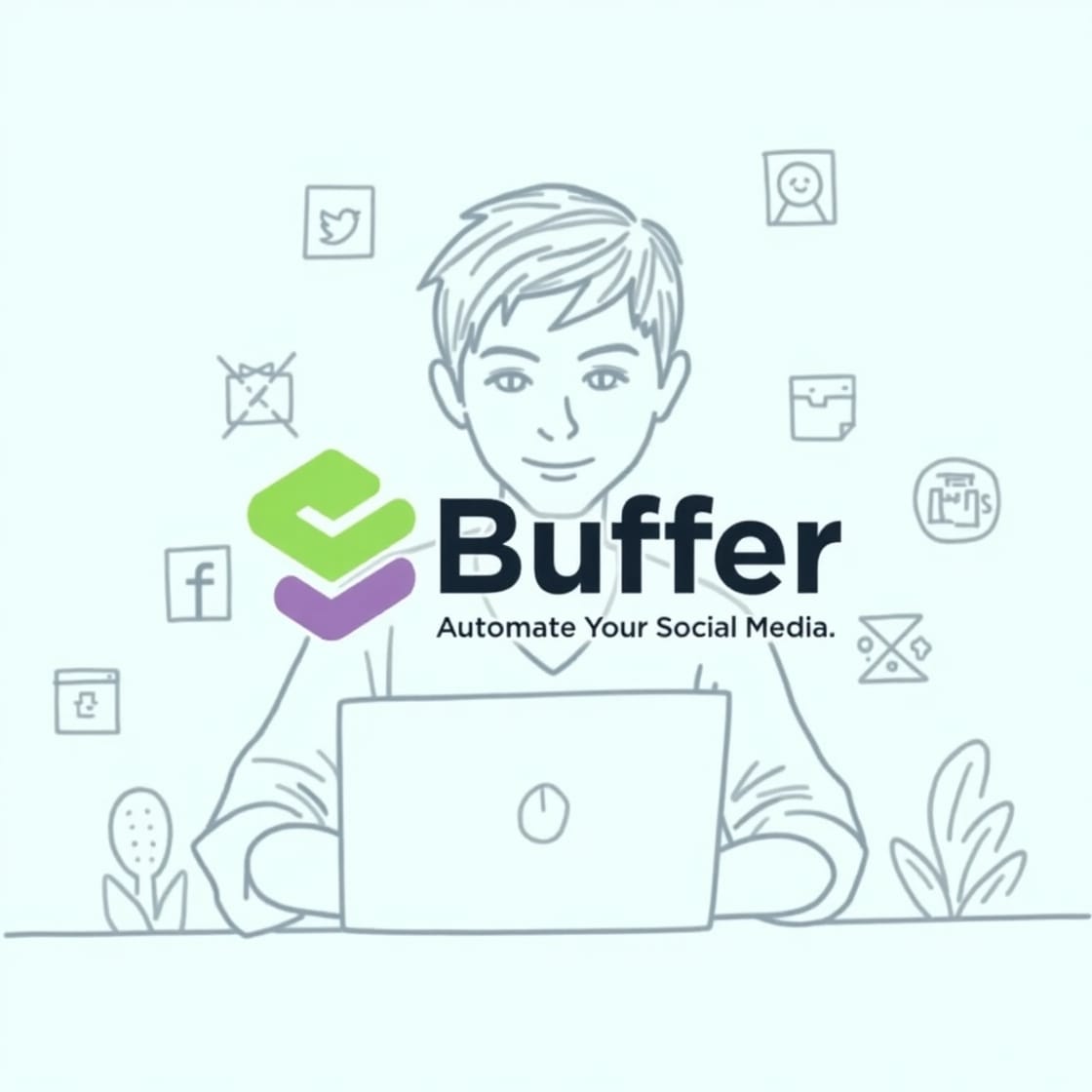
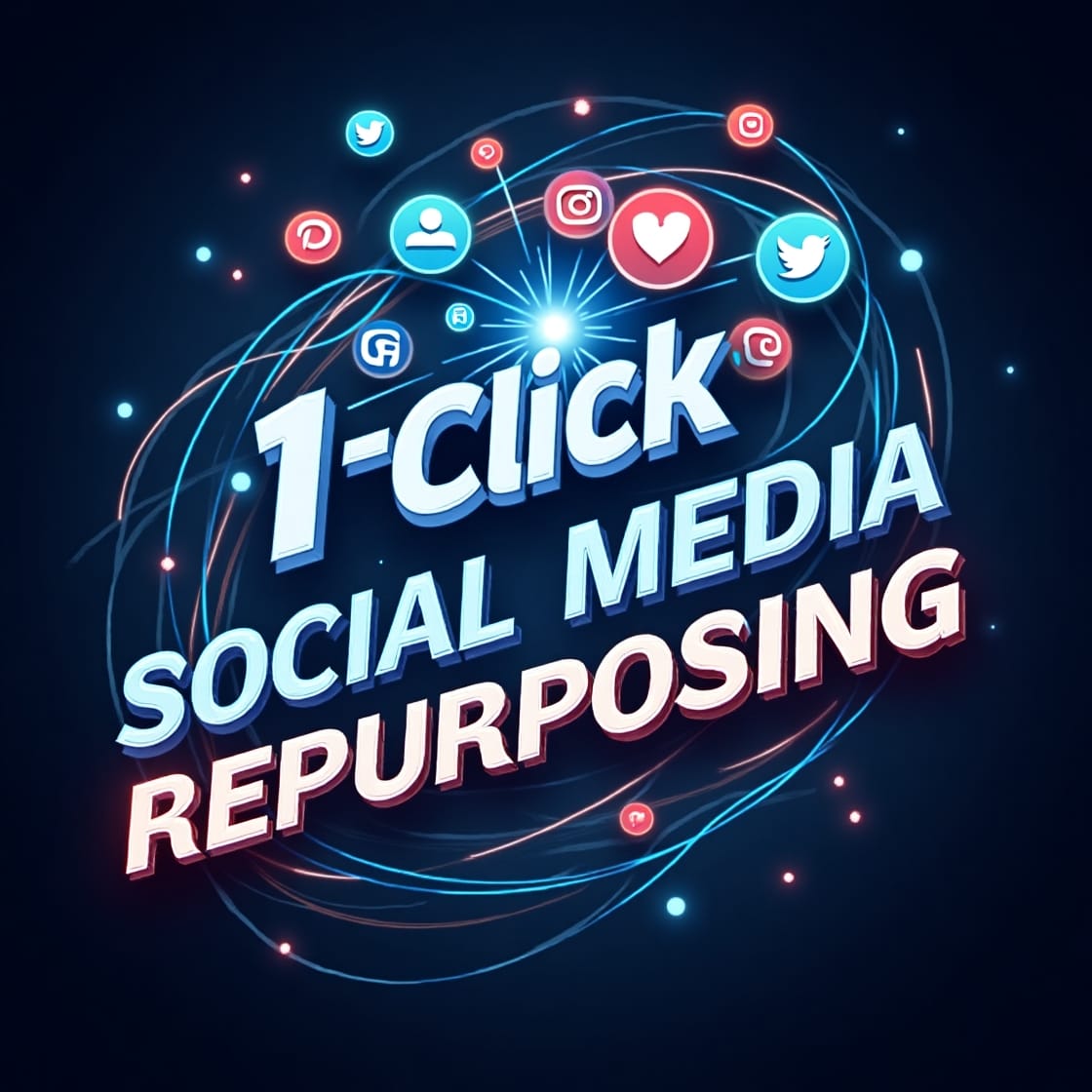
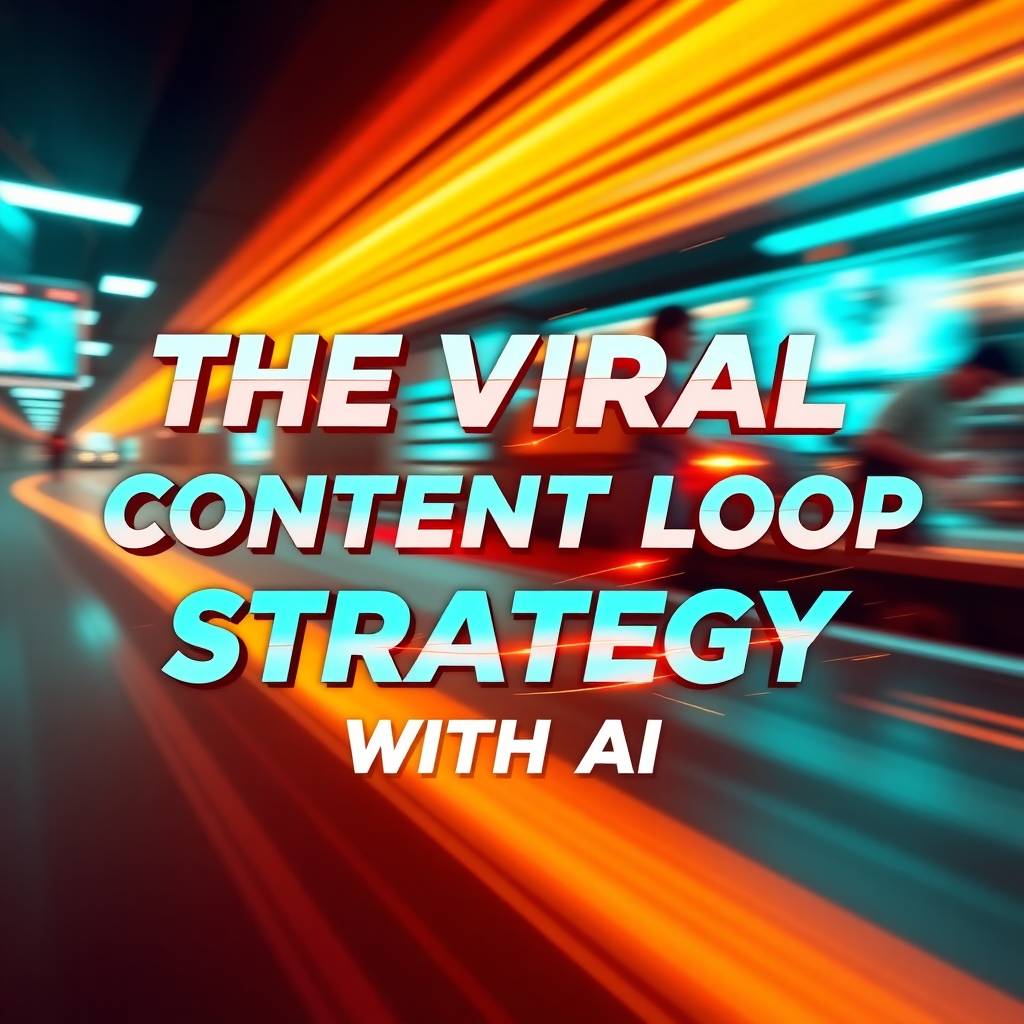
Discussion